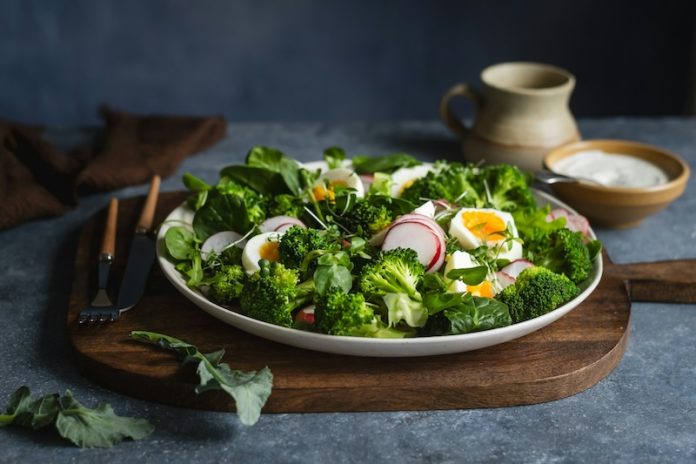
Heart disease is one of the leading causes of death worldwide, but the good news is that many cases can be prevented through a healthy diet. What we eat plays a big role in keeping our heart and blood vessels healthy.
Scientists have studied different diets for decades, and there’s a clear consensus: some foods can protect your heart, while others can increase your risk of heart disease.
The best diet for heart disease prevention focuses on foods that reduce inflammation, lower cholesterol, and keep blood pressure in check.
Research consistently points to plant-based diets, like the Mediterranean diet and DASH diet (Dietary Approaches to Stop Hypertension), as the most heart-friendly eating patterns.
These diets are rich in fruits, vegetables, whole grains, nuts, seeds, and healthy fats, and they limit processed foods, added sugars, and unhealthy fats.
The Mediterranean diet has been studied extensively and is often considered the gold standard for heart health. It emphasizes olive oil as the main source of fat, along with plenty of fresh produce, fish, and moderate amounts of dairy.
Studies have shown that this diet can lower the risk of heart disease by as much as 30%. One key reason is its ability to reduce “bad” LDL cholesterol while boosting “good” HDL cholesterol.
The DASH diet is another excellent option, designed specifically to lower blood pressure. It’s rich in potassium, magnesium, and calcium, which are nutrients that help relax blood vessels and reduce strain on the heart.
The DASH diet includes lots of fruits, vegetables, and low-fat dairy, while limiting sodium, red meat, and sugary drinks. Research shows that people who follow the DASH diet can significantly lower their blood pressure, reducing their risk of heart attacks and strokes.
Including specific heart-healthy foods in your diet can also make a big difference. For example, fatty fish like salmon and mackerel are high in omega-3 fatty acids, which reduce inflammation and lower the risk of irregular heartbeats.
Nuts and seeds, particularly walnuts and flaxseeds, are excellent sources of healthy fats and fiber that can improve cholesterol levels. Whole grains like oats, quinoa, and brown rice provide fiber that helps control blood sugar and lowers cholesterol.
Fruits and vegetables are key players in heart disease prevention. They’re packed with antioxidants, which protect blood vessels from damage.
Leafy greens like spinach and kale, as well as colorful fruits like berries and oranges, are especially good for your heart. Adding these to your meals not only boosts nutrients but also fills you up, making it easier to avoid unhealthy snacks.
On the flip side, certain foods should be limited to protect your heart. Processed foods, like chips, cookies, and fast food, are high in unhealthy trans fats, added sugars, and salt—all of which can harm your heart over time.
Red and processed meats, such as bacon and sausage, are also linked to higher heart disease risk. Replacing these with plant-based proteins like beans or lentils can make a big difference.
Staying hydrated and watching portion sizes are also important. Drinking water instead of sugary drinks and eating moderate portions can help prevent weight gain, which is a major risk factor for heart disease.
The evidence is clear: a heart-healthy diet is one that’s rich in natural, whole foods and low in processed items.
By following a diet like the Mediterranean or DASH diet, you can significantly lower your risk of heart disease and enjoy a variety of delicious, nutritious foods. Small changes in your eating habits today can have a big impact on your heart health for years to come.
If you care about nutrition, please read studies about a breakfast linked to better blood vessel health, and drinking too much coffee could harm people with high blood pressure.
For more information about health, please see recent studies about unhealthy habits that may increase high blood pressure risk, and results showing plant-based protein foods may help reverse diabetes.
Copyright © 2024 Knowridge Science Report. All rights reserved.



